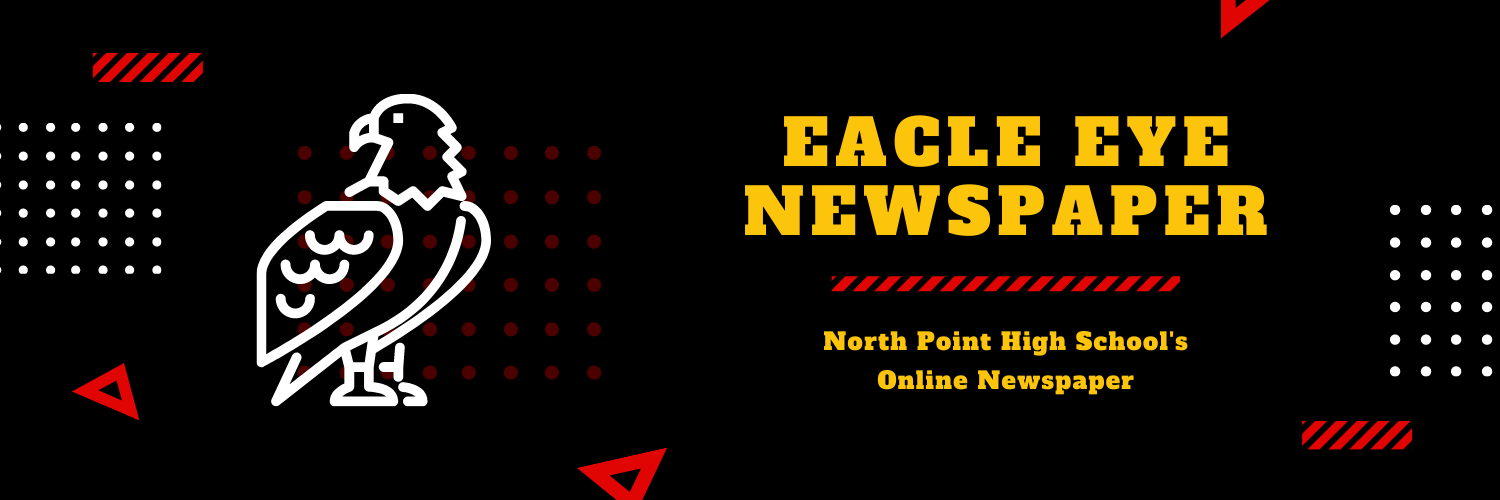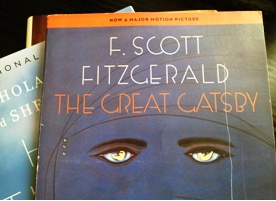“I wouldn’t ask too much of her,” I ventured. “You can’t repeat the past.”
“Can’t repeat the past?” he cried incredulously. “Why of course you can!”
That last statement is the central problem of F. Scott Fitzgerald’s The Great Gatsby, the iconic novel that has just been made into a hotly anticipated Hollywood film. Jay Gatsby (Leonardo DiCaprio) is an incredibly rich 1920’s man who lives in a house that might as well be a palace. He throws lavish parties that attract the rich and famous and wannabe rich and famous from all of New York City. He has dashing good looks, fast cars, and luxury clothing. It seems that Gatsby lives a perfect life that epitomizes the greatest heights of the American dream.
But there’s a problem – Gatsby lost something five years before the events of the book and has spent the interim trying to recover it. That something is Daisy Buchanan (Carey Mulligan), a rich debutante he fell in love with before being shipped off to Europe to fight World War I. Gatsby has returned and wants to convince Daisy to leave her present marriage in order to repeat that lost past. He is helped by narrator Nick Carraway (Tobey Maguire of Spiderman fame) and fellow rich socialite Jordan Baker (newcomer Elizabeth Debicki). At the same time, people wonder about Gatsby’s origins: where did the money come from? Is he really who he says he is?
The film is as much a tribute to the story as it is to the Jazz Age itself, the period of prosperity, excess, and more liberal cultural values between the world wars. As a result, the film is flashy and excessive and Hollywood with a capital H in terms of how it looks and sounds. The combination of a big production budget and CGI makes the scenery of New York City and the characters’ mansions appear lush, almost like a fantasy.
A memorable scene takes place during one of Gatsby’s infamous parties – hundreds of glitzy people sporting sequined party dresses and fancy suits flood the mansion, which is filled with confetti, streamers, and alcohol. The crowds groove to a soundtrack filled with modern-day hit-makers like Beyonce, Jay-Z, Andre 3000, Jack White, Florence + the Machine, and Lana Del Ray. It builds to a crescendo until movie goers are completely enthralled by the riches.
For most of the movie, the expensive feel of the scenery takes a front seat. But as the film heads toward its climax, the confrontation between Gatsby, Daisy, and Tom, it is majorly carried by DiCaprio’s acting. His Gatsby is as mysterious as the book version, but also sympathetic and warm. And of course, his dashing good looks don’t hurt either. Carey Mulligan does a good job as Daisy, but any other Hollywood star could have done an equally good job. Maguire is well-suited to Nick Carraway’s position as Gatsby’s friend and confidant.
The Great Gatsby film adaptation is not realistic or grounded to normality. But why should it be? It feels like a voyage into an alternate America, where the rich play out their greatest fantasies. Most of the film celebrates luxury, but as in the book, the ending takes a second look about what Gatsby’s American dream truly meant. Overall, the film is worth a watch.



